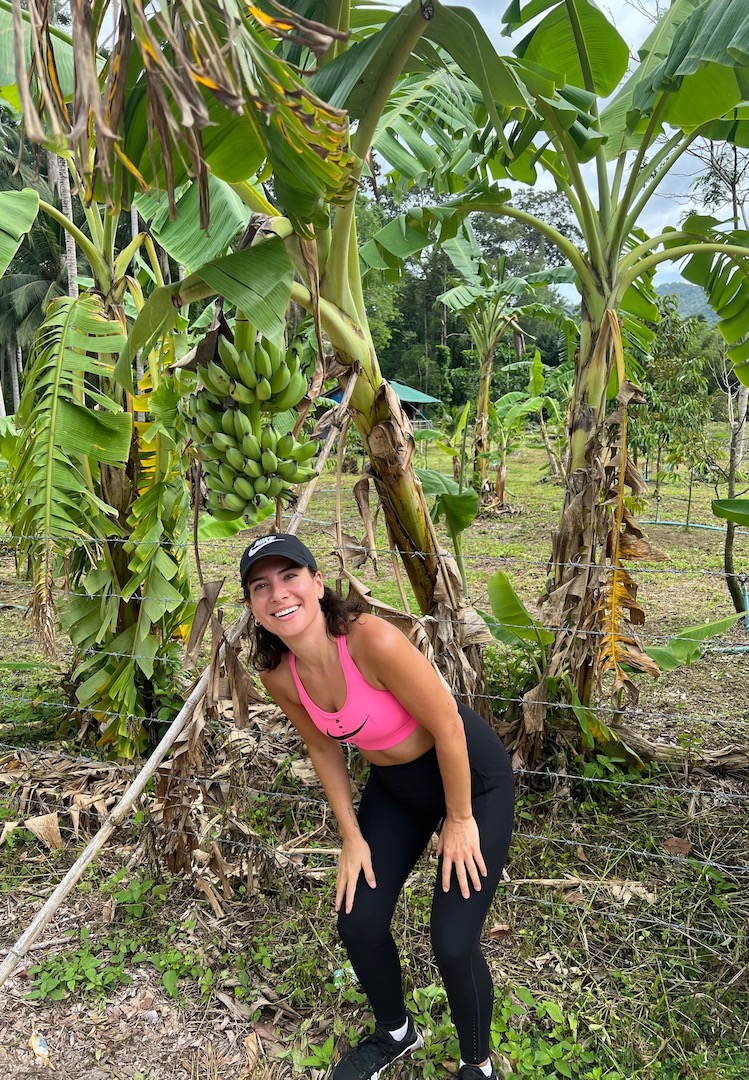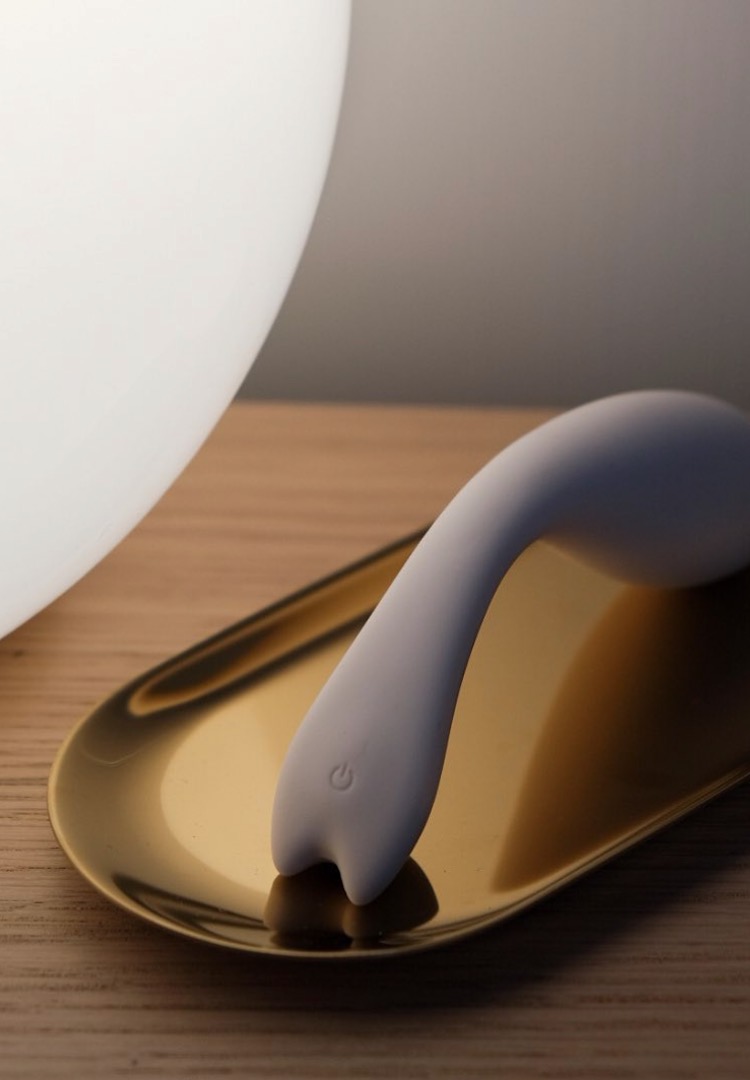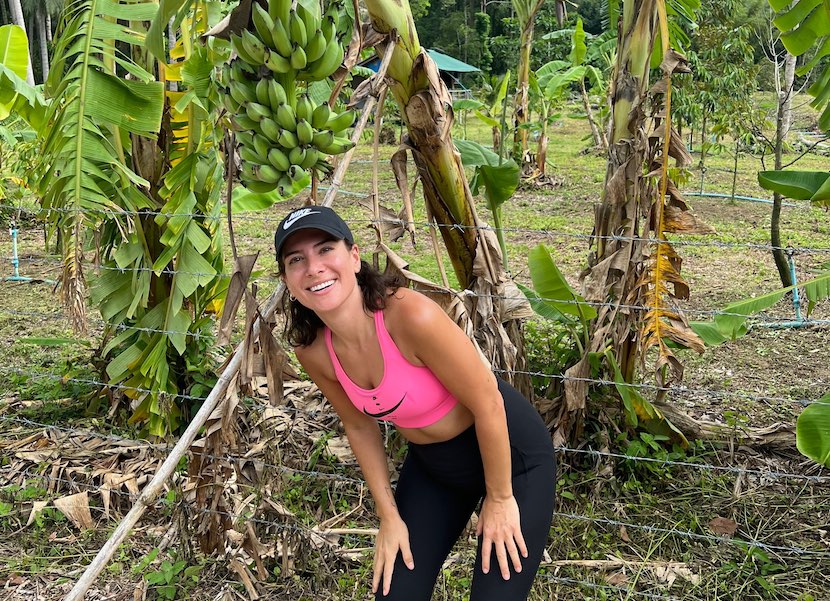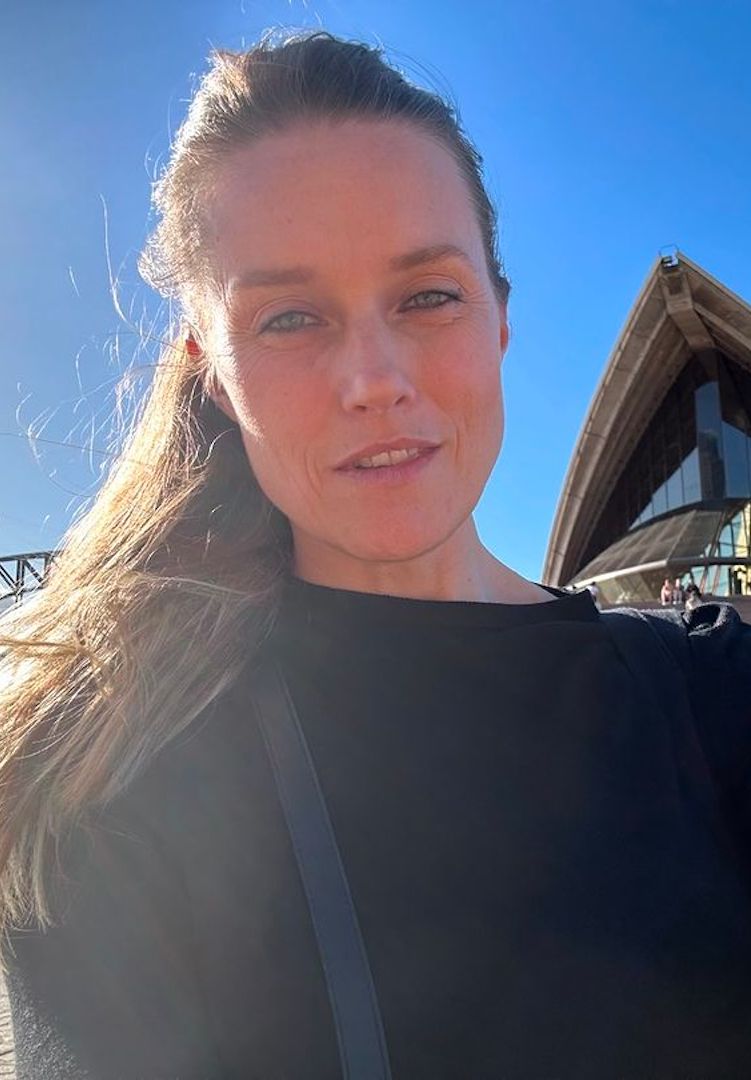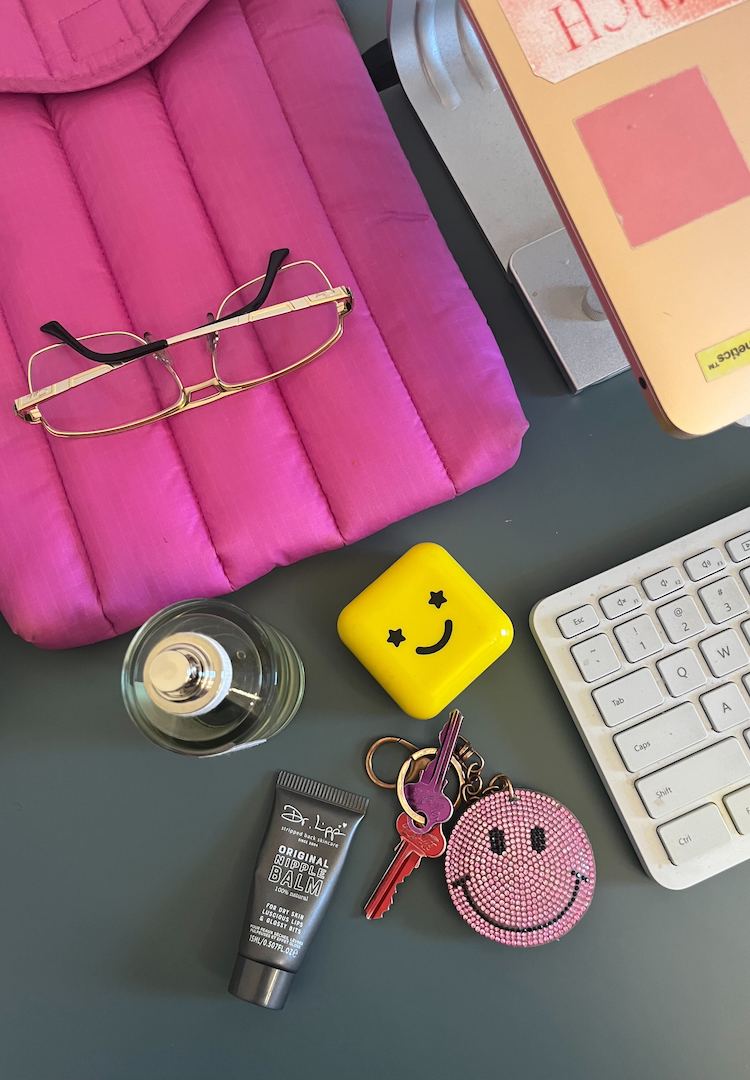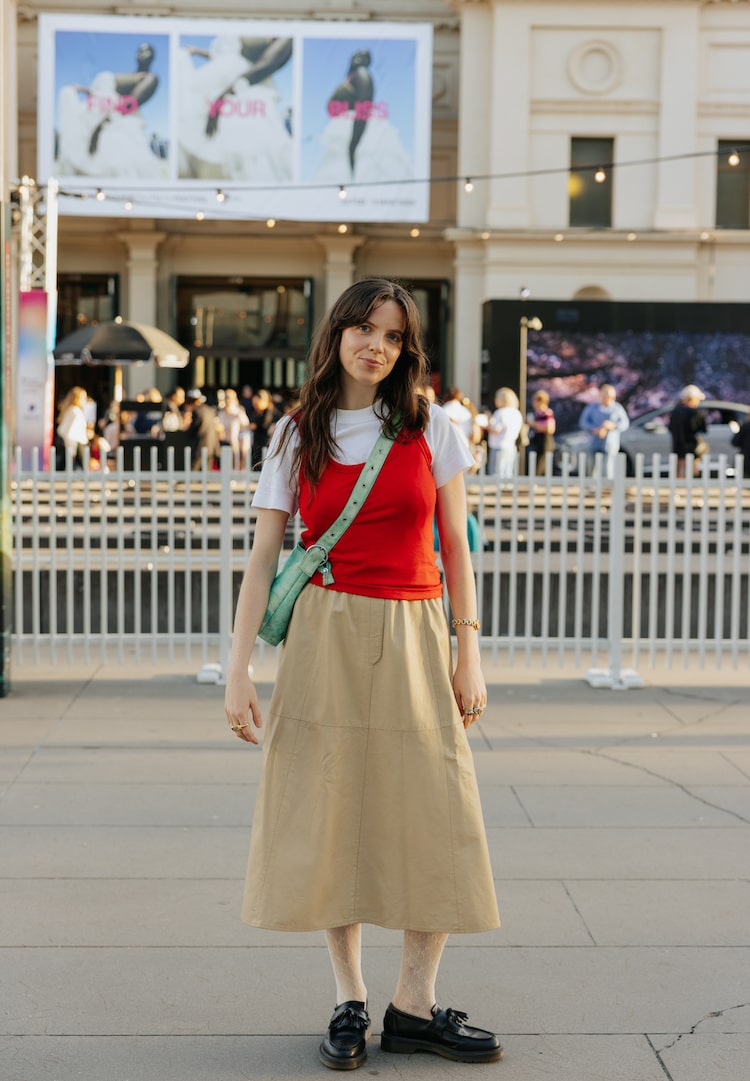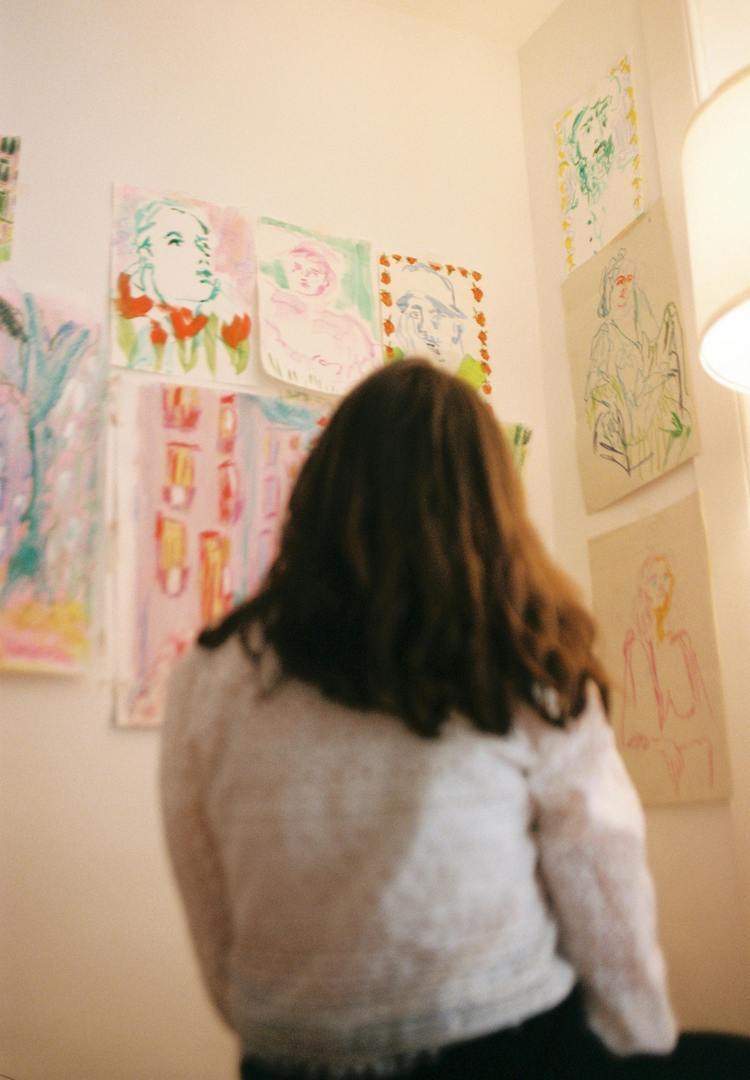How working remotely in Thailand allowed me to work less and reassess my life
IMAGE VIA @HANNAHFURST/INSTAGRAM
WORDS BY HANNAH FURST
“The pandemic proved to me that I could work from anywhere. Now it was time to test that theory.”
Have you ever dreamt of moving to a beach and working remotely from a laptop? For the entire time I was working from home during lockdowns, I visualised myself working remotely in Thailand. I spent almost every spare moment fantasising about eating pad thai on a beach.
The pandemic proved to me that I could work from anywhere. Now it was time to test that theory. As soon as the Australian borders reopened, I was on one of the first planes to Thailand. It was quite a complicated process back then (there was a pre-flight test, testing on arrival, quarantine, COVID insurance, etc) but absolutely no amount of COVID red tape was going to get in my way.
For more thought-provoking content, tap through to our Life section.
I spent an idyllic year working less and living more. Well, mostly idyllic. I had many ups and downs during my time away. The beach can, believe it or not, get boring. This is why I moved around the country and spent a lot of my time in Chiang Mai, which is a hub of cute coffee shops and coworking spaces. Here is everything I learnt from eight months of working as a digital nomad in Thailand.
Yes, you can work less because the cost of living is less
View this post on Instagram
One of the best things about living in a country like Thailand is the reduced cost of living. This meant I could work a lot less. I usually live in the inner city of Melbourne where the cost of living has skyrocketed. Just this morning, I got two takeaway coffees for $15.
Here’s the breakdown of my basic living costs in Thailand
My rent was $500 a month for a condo in the centre of Chiang Mai. I stayed in Nimman, which I would compare to Fitzroy in Melbourne. It had so many great coffee shops and coworking spaces. But you could go for a cheaper condo staying further out of the city.
Eating at local restaurants or street markets will cost you around $4. If you want to go for a fancy meal, you’re looking at $12. Getting the equivalent of Uber Eats (it’s called Grab in Thailand) costs 40c for delivery. A coffee is under $3. I tried to eat breakfast at home and ate a lot of street/local food because it was so delicious.
View this post on Instagram
When it came to phone and internet bills, I had unlimited data on a Thai SIM card which cost me around $12 a month. The WiFi can be a little unreliable, so I would always connect to my personal hotspot and use the 5G when working. It was fast and unlimited.
Transport-wise, you can hire a motorbike for $7 a day (you could get a cheaper rate for a longer-term stay). I wouldn’t recommend a motorbike in a city like Chiang Mai as their equivalent of Uber costs $3 a trip (and it feels a lot less dangerous).
As for exercise, I opted for casual gym passes which only cost $6 per day. If you’re staying longer, you can get better monthly gym deals. And Laundry is cheap too – it cost around $6 a week to get a bag of laundry washed and dried.
I found that even working just two days a week covered all my expenses. I was even able to save money. As soon as I returned to Melbourne, I was really hit with the reality of the cost of living in Australia. Gone are the days of eating out for every meal!
It can be hard to stay motivated as a remote worker
While I was in Thailand I had ongoing freelance work, which equated to about two days of work per week. I thought I’d be more motivated to hustle for other freelance work, but that didn’t really happen. I was too caught up with touristy things. I did what I needed to do to keep my regular income coming in; nothing more and nothing less.
Ultimately, I decided to come home during my stay, which was when I hustled for more work. I was flat out for two months before returning to Thailand. This ended up working well because I got to see my family in the middle of my trip.
You need to make an effort to make friends
View this post on Instagram
Loneliness is something you hear digital nomads talk about a lot, especially if they’re moving from place to place. You need to put in the effort to make friends if you’re going to be travelling solo.
A great way to meet people is through coworking spaces and Facebook Groups for digital nomads. Some coworking spaces even have co-living areas, where you can live and work with other digital nomads.
If you put in the effort to make friends, you will also benefit from meeting people with totally different perspectives on life. They don’t seem to care about what everyone else is doing; they’re not constantly comparing themselves (as I’m guilty of doing). And eventually, I found myself doing the same. It was so refreshing.
A change of lifestyle can help change unhealthy habits
I knew I needed a change of scenery. My life felt stale. I was tired of dating apps. I was tired of the ‘work hard, play hard’ city culture. I was tired of feeling behind in my career and not living up to my imaginary expectations and I was tired of never having enough energy to exercise.
So, I left it all behind. I deleted dating apps and met a guy IRL. I worked less, I stopped comparing myself to others and started aligning my life goals with my values. I exercised every single day and felt full of energy.
View this post on Instagram
And this was the best part about the whole trip. I had the chance to reassess my priorities away from home and figure out how I wanted to live my life. It was life-changing. And I can honestly say – despite my career feeling like it was at a standstill during this time – it was the best eight months of my life.
For more on working remotely overseas, try this.


